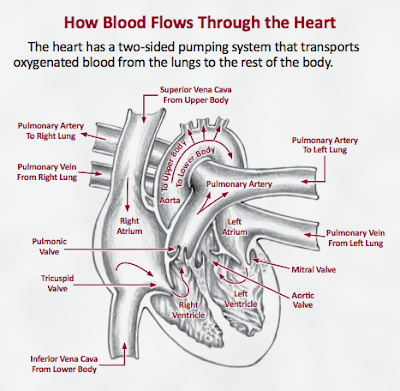What Causes Heart Failure?
Heart failure usually occurs in people older than 65. However, even if you’re younger than that, if you’ve had a heart attack, or if you have one or more of these conditions, you’re at risk:
- Coronary artery disease
This is a disease in which your heart’s coronary arteries become narrowed. The good news is that procedures are available that can restore blood flow. These include balloon angioplasty or stenting (the use of a balloon/stent to widen the coronary artery) and coronary bypass surgery (the grafting of a vessel to create an alternative blood flow around a blockage).
- Heart attack
When one of the coronary arteries is not just narrowed but becomes blocked, this interruption in blood flow to the heart results in a heart attack. If the heart muscle is damaged, it tries to repair itself. In doing so, it becomes weaker, often setting the stage for heart failure.
 High Blood Pressure
High Blood Pressure
Blood pressure measures how hard the heart is working to pump blood throughout the body. High blood pressure shows that the heart is working too hard, which puts it under the kind of strain that can lead to heart failure.- Diabetes
This metabolic disorder, which leads to the buildup of too much glucose (sugar) in your blood, also may lead to a condition called “diabetic cardio myopathy,” which is an enlarged and weakened heart caused by the rapid progression of coronary disease.
- Valvular Disease
As we age,the valves of the heart can become stiff or “stenotic.” The valves then cannot close or open properly and can become leaky, making blood flow difficult and requiring the heart to work harder. Valve replacement or repair may be necessary.
- Arrhythmia
Problems with the heart’s electrical system can give rise to irregular heartbeats, called arrhythmia. “Atrial fibrillation” and “sick sinus syndrome” are the two types of arrhythmia that can trigger heart failure. With atrial fibrillation, the upper chamber of the heart begins quivering uncontrollably, instead of contracting normally. Sick sinus syndrome is a condition that causes the heart to beat slowly.
Thanks for reading today’s blog post!
Chauncey W. Crandall MD FACC
Author
Dr. Crandall’s Heart Health Report
